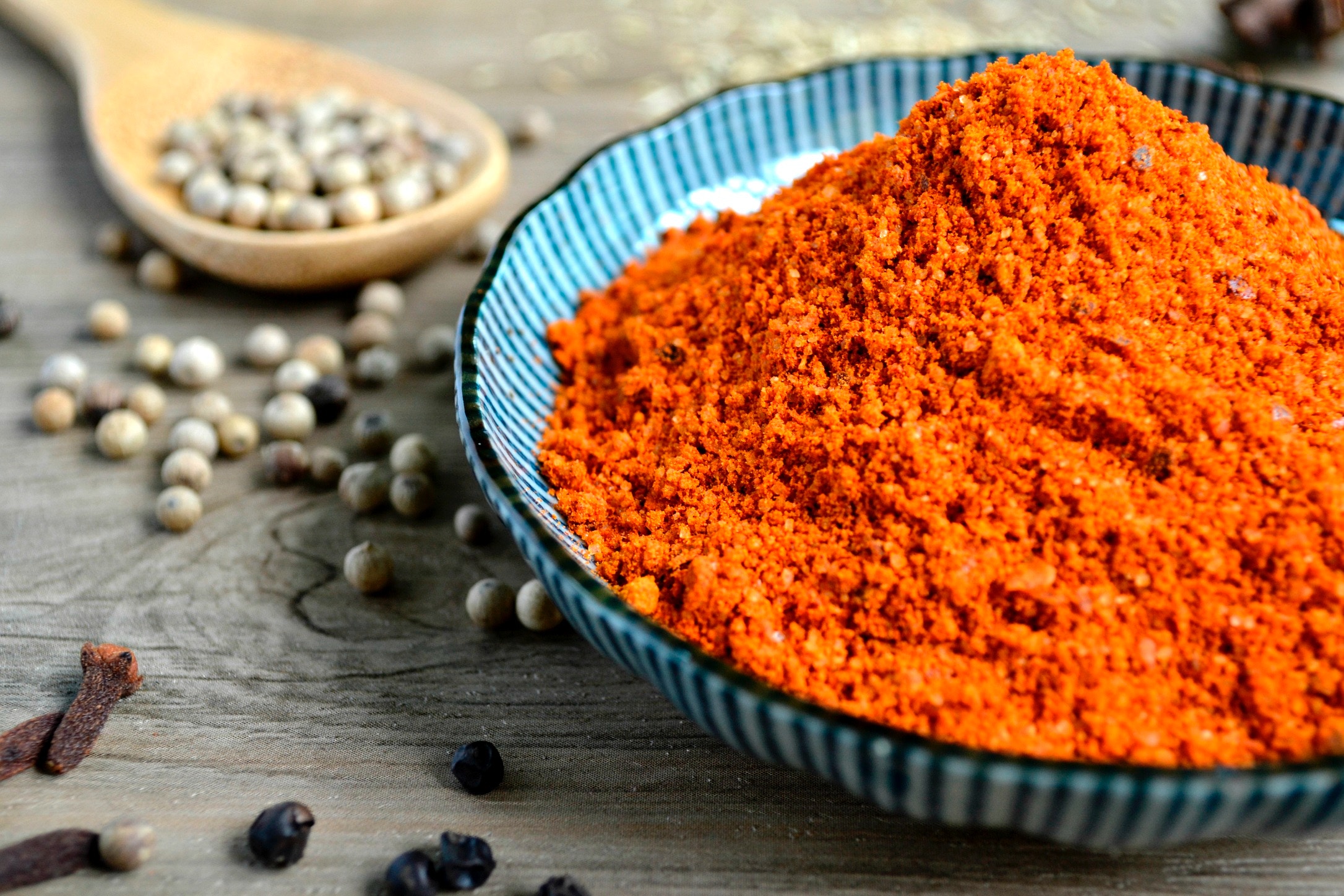
Your metabolism is the complex set of biochemical processes that occur within living organisms to maintain life. It encompasses all the chemical reactions that take place within the cells of an organism, allowing it to grow, reproduce, maintain its internal environment, and respond to external stimuli.
These metabolic processes are essential for the conversion of food into energy, the synthesis of molecules necessary for cell function and structure, and the removal of waste products.
There are two primary components of metabolism: catabolism and anabolism. Catabolism involves the breakdown of larger molecules, such as carbohydrates, fats, and proteins, into smaller, simpler molecules, releasing energy in the process. This energy is typically stored in the form of adenosine triphosphate (ATP), which serves as the cell's primary energy currency.
Anabolism, on the other hand, involves the synthesis of complex molecules from simpler ones, requiring an input of energy. This includes processes like protein synthesis, DNA replication, and the production of various cellular components.
The rate at which an individual's metabolism operates can vary based on factors such as genetics, age, sex, body composition, and activity level.
A person with a faster metabolism may burn calories more quickly and have an easier time maintaining or losing weight, while someone with a slower metabolism may find it more challenging to lose weight or manage their weight. Factors like regular exercise, proper nutrition, and adequate sleep can influence and optimize metabolism, making it an important aspect of overall health and well-being.
While individual results may vary, here are some of the best ways to boost your metabolism:
Build Muscle:

Building muscle is crucial for metabolism because muscle tissue is metabolically active and requires more energy (calories) to maintain than fat tissue. When you engage in resistance training and build muscle, you increase your body's basal metabolic rate (BMR), which is the number of calories your body needs to perform basic functions at rest.
This means that even when you're not exercising, your body burns more calories because of the increased muscle mass. Muscle tissue plays a significant role in the metabolism of glucose and fatty acids, helping to burn fat, regulate blood sugar levels and potentially reducing the risk of insulin resistance and obesity-related health issues.
In essence, building muscle can help you burn more calories at rest, making it a valuable component of a healthy metabolism.
Stay Active:

Staying active helps your metabolism by increasing the energy expenditure of your body. When you engage in physical activity, whether it's cardio exercises like jogging or strength training like weightlifting, your muscles require more energy to perform the work.
This increased energy demand prompts your metabolism to rev up, leading to the burning of more calories even when you're at rest. Regular physical activity also helps maintain or build lean muscle mass, which is metabolically active tissue that continues to burn calories even when you're not exercising.
Aim for at least 150 minutes of moderate-intensity aerobic activity or 75 minutes of vigorous-intensity aerobic activity per week, along with muscle-strengthening activities on two or more days per week.
Eat Protein:

Increasing protein intake can boost your metabolism by increasing the thermic effect of food (TEF) and preserving lean muscle mass. When you consume protein-rich foods, your body expends more energy during digestion and metabolism compared to certain foods, fats and carbohydrates, a phenomenon known as the TEF.
This means that a higher percentage of the calories from protein are used for the digestion and processing of that protein. Additionally, protein is essential for muscle repair and growth, and having more lean muscle mass can increase your resting metabolic rate, as muscle tissue burns more calories at rest than fat tissue.
Therefore, a higher protein intake not only supports the body's energy expenditure during digestion but also helps maintain a metabolically active body composition, ultimately contributing to an enhanced metabolism.
Including adequate protein in your diet can help boost metabolism because it requires more energy to digest and metabolize protein than it does for carbohydrates or fats. Protein also helps preserve muscle mass during weight and body fat loss.
Stay Hydrated:

Staying hydrated is essential for maintaining a healthy metabolism because it helps ensure that all metabolic processes can function optimally. When you are adequately hydrated, your body can efficiently carry out chemical reactions, including those involved in breaking down food and converting it into energy.
Dehydration can slow down metabolism. Make sure to drink enough water throughout the day to stay adequately hydrated. Some studies suggest that drinking cold water may temporarily boost metabolism, as your body expends energy to warm the water to body temperature.
Get Enough Sleep:

Poor sleep can negatively affect hormones that regulate appetite and metabolism. Aim for 7-9 hours of quality sleep per night to support healthy metabolic function. Adequate sleep plays a crucial role in boosting metabolism by influencing key hormonal and physiological processes.
During deep sleep, the body repairs and regenerates tissues, which includes the maintenance and growth of muscle mass. Muscle tissue requires more energy to maintain than fat, so having more lean muscle can increase resting metabolic rate. Additionally, sufficient sleep helps regulate hormones that impact appetite and metabolism, such as leptin and ghrelin.
When sleep is inadequate, these hormones can become imbalanced, leading to increased hunger and cravings, which can contribute to weight gain and metabolic disruptions. Therefore, getting enough quality sleep supports the body's ability to maintain a healthy metabolic rate and helps in weight management.
Eat Regular Meals:

Eating regular meals, particularly balanced ones that include a mix of macronutrients like protein, carbohydrates, and fats, helps boost metabolism by maintaining stable blood sugar levels and providing a steady source of energy for the body.
When you go for extended periods without eating, your body may enter a state of energy conservation, slowing down metabolism as a survival mechanism. Regular meals signal to your body that it's consistently receiving nourishment, which can help prevent this metabolic slowdown.
The thermic effect of food (TEF), the energy expenditure required for digestion and absorption of nutrients, is stimulated each time you eat. Therefore, frequent, balanced meals can lead to more frequent TEF spikes throughout the day, potentially increasing overall calorie expenditure and supporting a more active metabolism.
Manage Stress:

Reducing stress can boost metabolism by influencing the balance of hormones in the body. When stress levels are high, the body releases hormones like cortisol, which can lead to increased appetite, particularly for high-calorie, comfort foods.
Chronic stress can disrupt sleep patterns, impair insulin sensitivity, and promote fat storage, all of which can negatively impact metabolism and contribute to weight gain. By managing stress through techniques like relaxation, meditation, or deep breathing exercises, individuals can lower cortisol levels and create a more favorable hormonal environment for healthy weight management.
Reduced stress can improve sleep quality, leading to better regulation of appetite-regulating hormones, and support overall metabolic health. Incorporating stress-reduction techniques like mindfulness, meditation, or yoga into your routine can be beneficial for health benefits.
Spice It Up:

Spices like chili peppers contain a compound called capsaicin, which is known for its thermogenic properties. When you consume capsaicin-containing spices, they can temporarily increase your metabolism by generating heat within your body. This process, known as thermogenesis, requires additional energy, which can lead to a modest increase in calorie expenditure.
While the effect is relatively small and short-lived, regularly incorporating spicy foods into your diet may contribute to slightly higher metabolic activity over time. However, it's important to note that the impact of spice on metabolism varies among individuals, and it should be considered just one component of an overall healthy diet and lifestyle.
Drink Green Tea:

Drinking green tea can boost metabolism primarily through its catechin content, particularly one called epigallocatechin gallate (EGCG). EGCG is believed to increase the thermogenesis, or heat production, in the body, which leads to a temporary increase in metabolic rate.
It achieves this by enhancing the activity of certain enzymes involved in fat oxidation and increasing the release of norepinephrine, a hormone that can help break down stored fat. Additionally, green tea's modest caffeine content can also contribute to a temporary fat metabolism boost by stimulating the central nervous system and increasing alertness and energy expenditure.
While the effects of green tea on metabolism are generally modest, regular consumption, combined with a healthy diet and exercise, may contribute to gradual and sustainable body weight management.
Consider Supplements:

Supplements that claim to boost metabolism typically contain ingredients like caffeine, green tea extract, or certain herbs that can temporarily increase the metabolic rate. Caffeine, for example, stimulates the central nervous system, increasing the release of adrenaline and promoting the breakdown of stored fat for energy.
Green tea extract contains compounds that may enhance thermogenesis, the process by which the body produces heat and burns calories. However, it's important to note that the effects of these supplements on metabolism are often modest and temporary. They are not a substitute for a healthy diet and regular physical activity, and their long-term safety and efficacy can vary widely.
Consulting with a healthcare professional before using any metabolic-boosting supplements is advisable, especially if you have underlying health conditions or are taking medications.
Remember that there is no "magic bullet" for significantly speeding up metabolism, and results may vary from person to person. When it comes to the best ways to boost metabolism, the most effective approach is a combination of these strategies, tailored to your individual needs and goals, along with a healthy diet and lifestyle. Always consult with a healthcare provider or registered dietitian before making significant changes to your diet or exercise routine, especially if you have underlying medical conditions.
